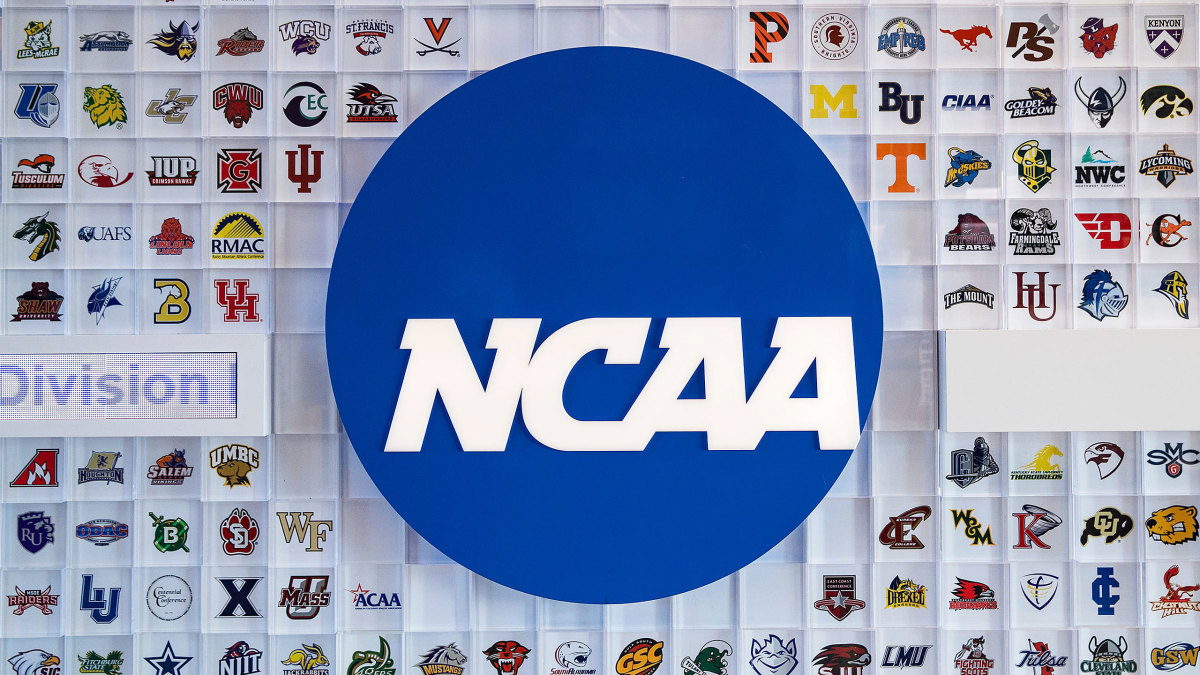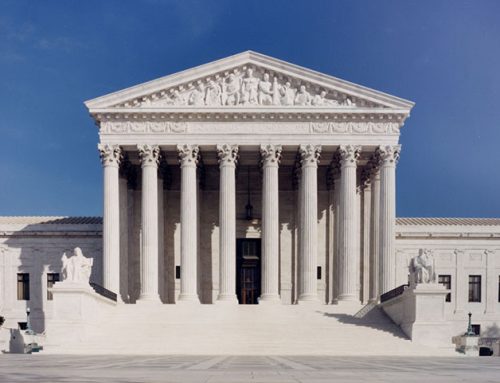NCAA Removes Cannabis from Banned Substance List for Championships
NEW YORK- The NCAA Division I Council made a significant policy shift on Tuesday, voting to remove cannabinoids from the banned substance list for championships and postseason football participation, effective immediately. This decision marks a pivotal change in the treatment of student-athletes’ cannabis use, aligning with the broader trend of increasing acceptance of cannabis in sports.
Rise of Cannabis-Friendly Policies
Over recent years, there has been growing recognition of cannabis’s benefits, particularly regarding wellness and recovery. This cultural shift is reflected in nearly half of the United States legalizing cannabis for recreational use, with 38 states approving it for medical purposes. The NCAA’s recent vote mirrors this evolving perspective.
Effective immediately, the NCAA will treat cannabis similarly to alcohol, meaning student-athletes will no longer face penalties for cannabis use during championships and postseason play. This reform emphasizes student-athlete health and well-being over punitive measures.
Historically, drug testing in college sports has been criticized for its punitive nature. Positive tests for cannabis could result in lost eligibility for an entire season, significantly impacting an athlete’s career. This new rule is a step toward a more compassionate approach, recognizing that cannabis does not provide a competitive advantage.
No Competitive Advantage, Says NCAA
The primary motivation behind this policy shift is the health and well-being of student-athletes. Josh Whitman, chair of the council and athletics director at Illinois, emphasized that the drug testing program should focus on integrity rather than punishment. “The NCAA drug testing program is intended to focus on the integrity of competition, and cannabis products do not provide a competitive advantage,” Whitman said. The council aims to support athletes in making healthier choices by removing cannabinoids from the banned substances list.
One immediate benefit of this change is the retroactive application of the new rule, discontinuing penalties for student-athletes currently serving cannabis-related violations.
The NCAA has also emphasized the importance of harm-reduction strategies. By treating cannabis like other non-performance-enhancing drugs, the focus shifts to educating athletes about responsible use rather than penalizing them. This approach aligns with recommendations from the NCAA’s Committee on Competitive Safeguards and Medical Aspects of Sports (CSMAS).
Currently, the rule change applies only to championships and postseason participation in football within Division I. Regular season games and other sports still adhere to previous cannabis use guidelines.
Despite this restriction, there is optimism that this policy shift will catalyze broader reforms. Advocates hope the NCAA’s stance will influence all divisions and sports, promoting a more lenient and understanding approach across college athletics.
Furthermore, this change may set a precedent encouraging professional sports leagues to reevaluate their cannabis policies, promoting athlete health and well-being at all competition levels.
Cannabis Making Its Way Into the Sports World
Cannabis has increasingly found acceptance in sports, with various leagues recognizing its potential benefits and declassifying it as a performance-enhancing drug. This shift acknowledges cannabis as a healthier alternative to pharmaceuticals historically pushed on athletes.
MLB
The MLB has not tested players for cannabis since 2019, no longer classifying THC as a “drug of abuse.” This change allows players to explore cannabis’s therapeutic benefits without fear of punitive action.
NHL
The NHL conducts annual THC testing, but positive results do not result in punishment. Instead, the league offers treatment and management plans through its Substance Abuse and Behavioral Health program, treating cannabis use as a health issue similar to alcoholism.
NBA
The NBA and the National Basketball Players Association agreed for the 2023-2024 season not to test players for cannabis use, allowing players to use cannabis without risking their careers.
UFC
In the UFC, athletes testing positive for carboxy-THC, the psychoactive ingredient in cannabis, do not violate the UFC Anti-Doping Policy unless there is evidence of intentional use for performance enhancement.
The NCAA’s decision to remove cannabinoids from the banned substance list for championships represents a significant step forward in state-level cannabis regulation. It provides an opportunity for economic revitalization and sets a groundbreaking precedent for future legal interpretations and enforcement of cannabis transportation rules nationwide. As the industry continues to evolve, innovative decisions like this will likely shape the future landscape of legal cannabis in America.



































